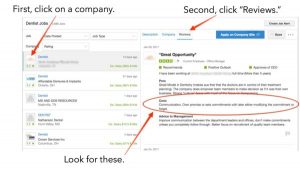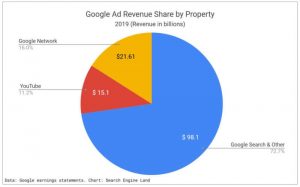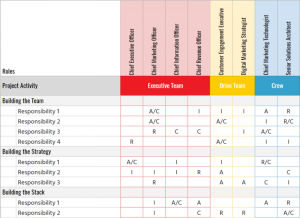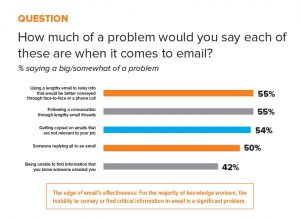by Laurie Sullivan@lauriesullivan, November 21, 2016
Some 40% of marketers and 34% of agencies are concerned about the quality of data used to target mobile advertisements, despite their willingness and desire to expand campaign strategies that include a variety of media.
The survey findings — released Monday by the Mobile Marketing Association and data company Factual — also note transparency as an issue, although 96% of brands and 90% of agencies view location data either as critical or important. These brands and agencies consider their mobile strategies mature. Only 50% of respondents said they use location-based targeting in more than half of their campaigns.
Indeed, location and search data have become critical factors in building out mobile campaigns. In a video on YouTube about the future of Internet of Things and devices, James Whittaker, tech evangelist at Microsoft, talks about how the company has mapped out every location on earth. With help from latitude and longitude metrics, smartphones can very accurately pinpoint a person’s location, making the search signal — intent — the driver that will increase the use of personalization. Not just personalization in advertisements, but product development.
Despite some concerns about the accuracy and transparency of location data, marketers are convinced about the significance of its role and are looking to expand its application.
Brands and agencies differ somewhat in their views toward mobile’s importance and location data. Nearly two-thirds of marketers identified mobile as critical to their marketing strategies, while only half of agency respondents felt the same way.
About one-third of marketers have concerns about the lack of established standards, metrics and guidelines, and the lack of proof about return on investment for location data. Less than a quarter of agency respondents felt the same way with regard to both issues.
Marketers are a bit more flexible than agencies about the mechanics of managing the balance between reach and quality, which makes sense. More than half of marketers say they are willing to sacrifice some precision in exchange for reach, and 71% believe they are in favor of lookalike models. This compares with 43% of marketers and 59% of agencies.
Although targeting is the key application for location data, the study found that marketers also use data for insights, measurement and attribution. Real-time location-based advertising, location-enhanced creative and proximity targeting are widely used and seen as valuable; beacons, footfall and tactics that use geo-fencing didn’t rate as high, per the findings.
MediaPost.com: Search Marketing Daily
(57)
Report Post







